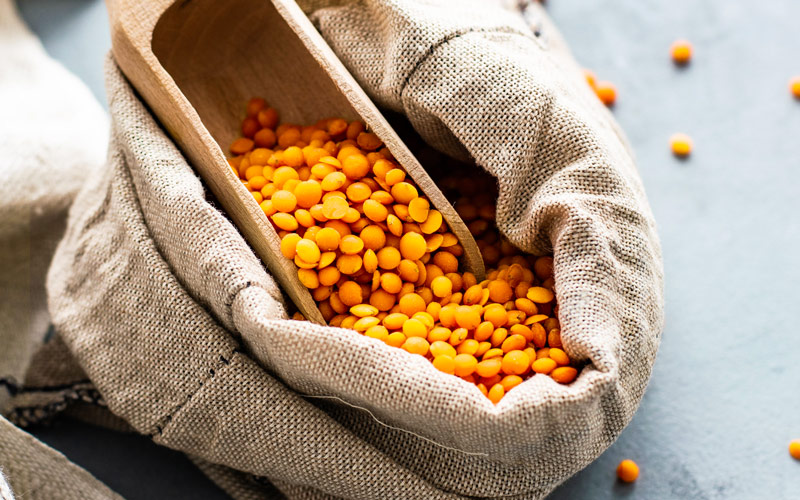Starmer’s trading places

Sir Kier Starmer has built up quite a few air miles in 2025, his position on the international stage looking more comfortable than it is at home not least as he seeks to manage the battle between Red Ange and Rachel from accounts, the latter now learning that bond and currency markets are quite important.
Amongst the foreign machinations have been three trade accords of sorts between the UK and the EU, India and the USA, whilst new arrangements with the Gulf states are anticipated soon. What can we make of these developments for the British food system?
Well, the reality is that in a world of trade blocks, including China, one cannot please all of the people all of the time, and when that comes to Beijing, Bruxelles, and Washington DC, that most certainly is the case. Starmer has shown commendable pragmatism, in these respects and on balance not done too bad a job.
The EU ‘deal’ is the bigger matter for the British food system by far. Standardisation of sanitary and phytosanitary (SPS) rules brings with it some notable and quite iconic ‘gives’, most notably the 12Y commitment on fishing, albeit the UK gave up on its fishermen decades ago, Starmer’s agreement extending the rights provided by the Conservatives, let us not forget, until 2038.
Easing bureaucracy for the British food trade between Great Britain, Northern Ireland and the EU is a prize that is worth having; to be fair, a system of mad administration was costly and quite dysfunctional. That said, there could be notable opportunity costs in adopting EU rules especially in the areas of innovation, novel foods, gene editing and the like should notable divergence emerge in time.
One of the few benefits of Brexit was the agility and independence that it gave the UK In areas such as technological development albeit, again under the Conservatives, there was scant evidence of this advantage being seized upon. Opportunity cost though could come back to bite. Quite whether the simpler SPS rules leads to lower UK food prices, I very much doubt.
When it comes to the USA, those mocking Starmer were probably found out a little in that it did contain clauses in relation to food, that is not just aluminium, cars and steel. Most notably, and again fair play to some degree, the UK did not acquiesce on some emotional food standards, most importantly perhaps, hormone treated beef; the subject of chlorinated chicken feels a bit more trumped up, no pun intended but such clobber will also not be reaching these shores, legally.
The UK-US accord has given a very modest boost to potential beef exports across the Atlantic, but much more significantly, and it feels belatedly and bizarrely, 1.4bnl of American bioethanol has been approved for import to the UK, tariff free. Now, that component has potential implications for domestic bioethanol production, with Vivergo’s plant in Hull already facing mothballing risk, which would kick into feed wheat, animal feed and maybe C02 production in the UK.
Quite whether dysfunctional DEFRA thought about this matter ahead of the agreement, maybe whether it was aware of it or not too, one can only guess. Equally, quite how DEFRA regulates wider third country imports into the UK is also a matter of question, the arrangements for EU imports in Kent were also bizarre to the point of comedy, as my good friend Professor Chris Elliott has so effectively chronicled in journals such as New Food Magazine.
In all, pragmatism has been to the fore in difficult negotiating circumstances, to be fair, where there has been a lot of political noise, for example the UK-EU provisions providing £9bn of benefit by 2040, yeh right. In all, the processes and prospects for the UK food system are a little simpler and less costly, with some export opportunities opening up, bar bioethanol and domestic fish.
Starmer’s bigger challenge, however, is delivering ongoing economic growth in a UK where the Government is maxing out on tax take, borrowing profusely, and spending, in the main, in far from competent forms, the powers that be just unable to make clear, balanced and long-term decisions. It will be the domestic growth prospects that will be most important to the British food system and Starmer’s chances of re-election, doing so in an uncertain and volatile world will not be easy.
Dr Clive Black
Senior Advisor
Coriolis Consulting
May 2025








